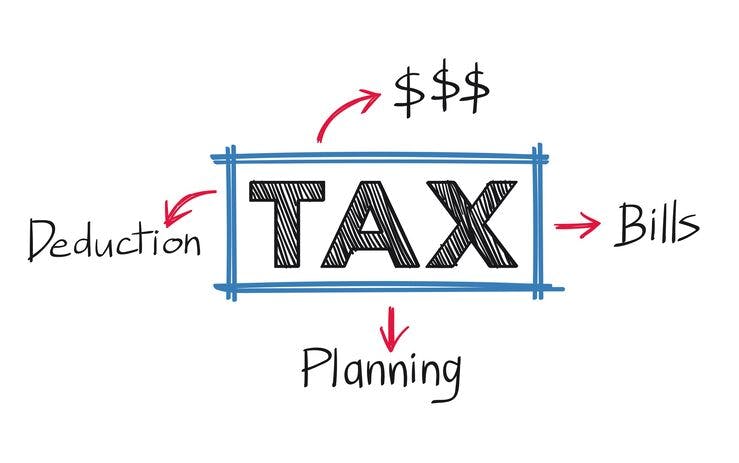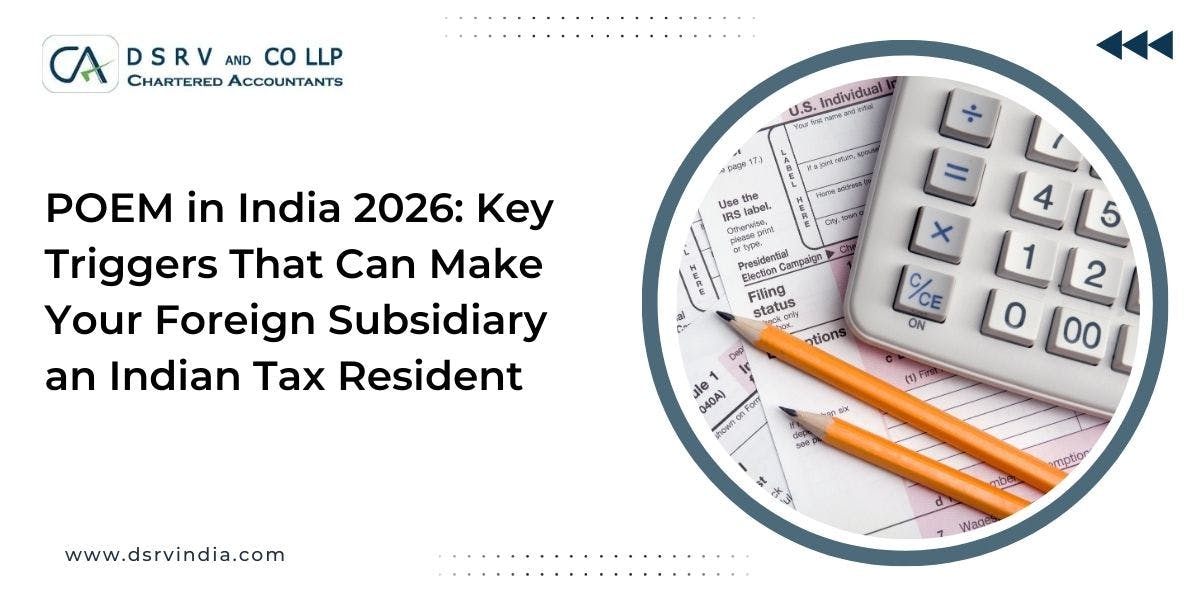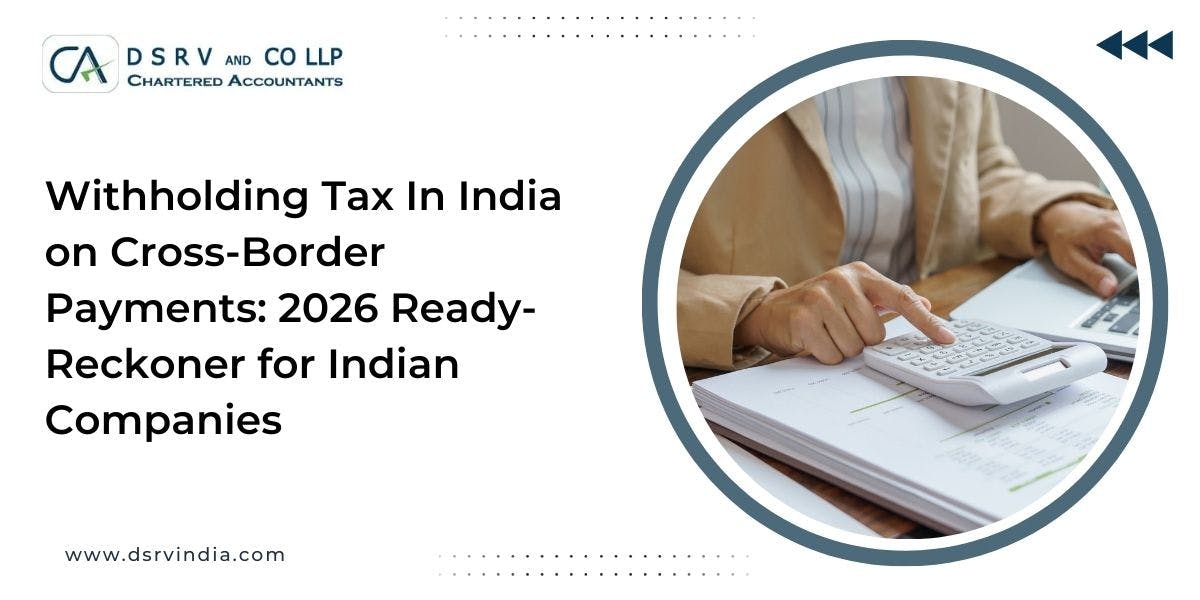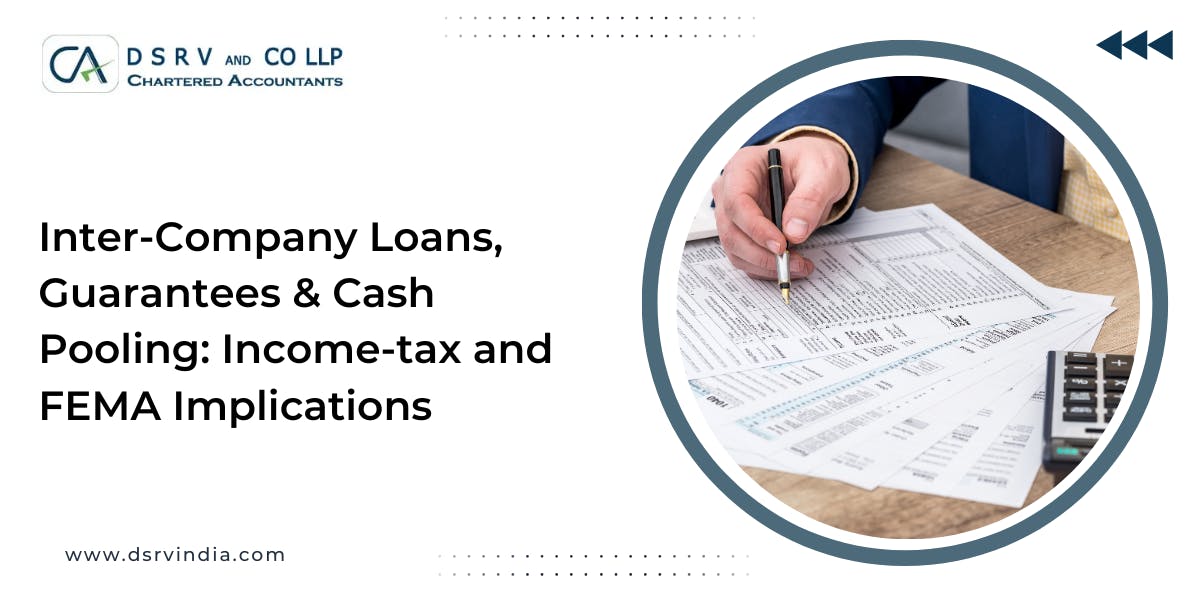How to Respond to a Show Cause Notice Under GST
Dealing with SCNs requires a structured approach. Here are practical steps to handle a show cause notice effectively:
Step 1 – Review the Notice Thoroughly
Check which sections of the GST Act are cited. Identify if the demand arises from errors in GST returns, wrongful ITC, or departmental audit. Confirm whether the notice was issued under section 73 or section 74.
Step 2 – Gather Documents and Evidence
Compile invoices, GST returns, e-way bill notices, and supporting ledgers. If allegations relate to ITC, ensure vendor compliance is checked. Maintain clear bank statements for refund-related matters.
Step 3 – Draft a Proper Reply
Reply drafting is critical. Use reply drafting techniques with illustrative pleadings and references to case law. A well-structured reply should cite relevant sections of the GST Act, provide clarifications, and offer documentary proof.
Step 4 – Seek Clarification and Additional Time
If the notice lacks clarity, request a clarification from GST authorities. You may also seek additional time to prepare a detailed response.
Step 5 – Appear for Personal Hearing
Attend the personal hearing scheduled by the officer. Use this opportunity to explain your stand and provide practical insights. If contradictions exist in the notice, highlight them clearly.
Step 6 – Escalate if Needed
If the adjudication is unfavorable, you can challenge the notice before the first appellate authority or even higher courts. Many businesses succeed in appeal due to weak departmental evidence.









